9 Modern Travel Scams Every Global Traveler Should Know

Traveling the world can be an incredible experience, but not every friendly smile or convenient offer is what it seems. Scammers have adapted their tricks to target modern travelers, using technology, distraction, and persuasion to take advantage of unsuspecting tourists. By learning how these schemes work, you can stay one step ahead and protect both your wallet and peace of mind while exploring new destinations with confidence and awareness.
The Fake Taxi Fare
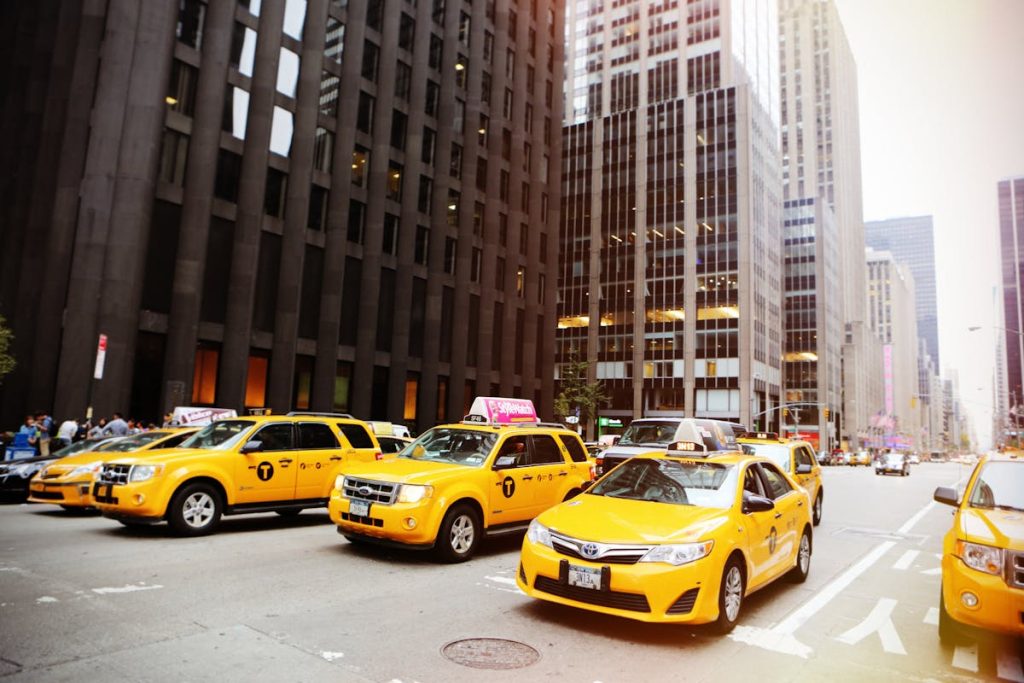
In many cities, unlicensed taxi drivers overcharge travelers by claiming broken meters or taking longer routes. Always confirm the fare before starting your ride or use a trusted app to book verified cabs. Checking official markings and driver identification prevents unexpected costs. A little vigilance ensures your journey stays smooth from airport to hotel.
The Friendly Local
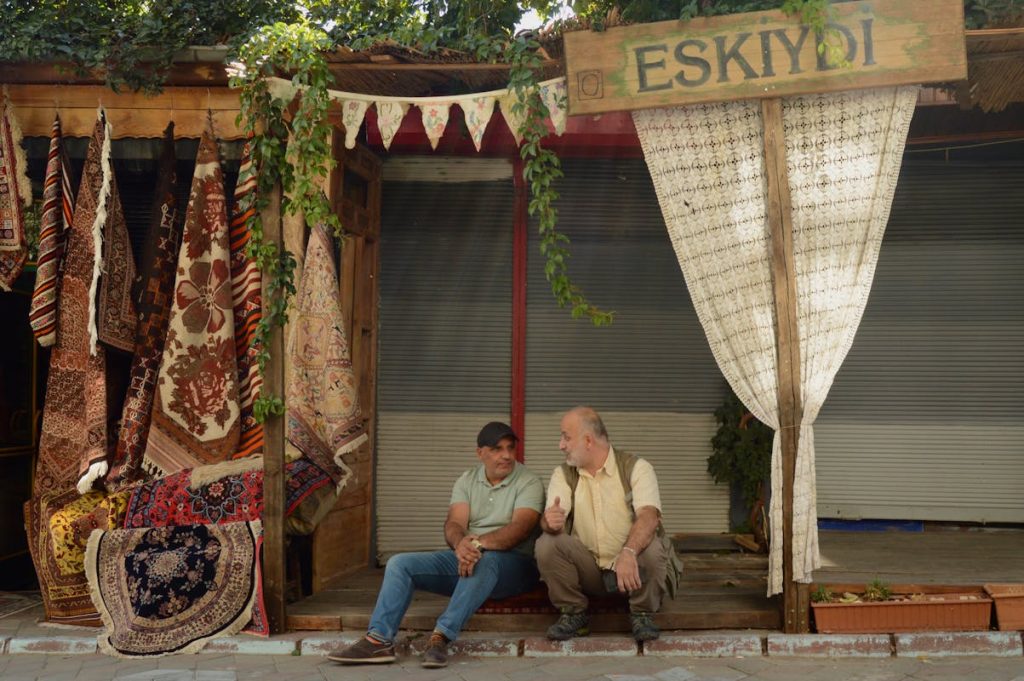
Sometimes scammers pose as friendly locals offering help with directions or currency exchange. Their charm hides their true intent to pickpocket or lead you to overpriced shops. Staying polite but cautious helps you avoid falling into this trap. Trust official information points instead of unsolicited assistance on the street.
The Hotel Overbooking Trick

This scam begins when a driver or stranger insists your hotel is full and offers to take you to another “better” one. The new place often charges inflated prices with the scammer earning a commission. Always call your hotel directly to verify before agreeing to switch. Confirming your booking in advance saves both time and money.
The Credit Card Skimmer
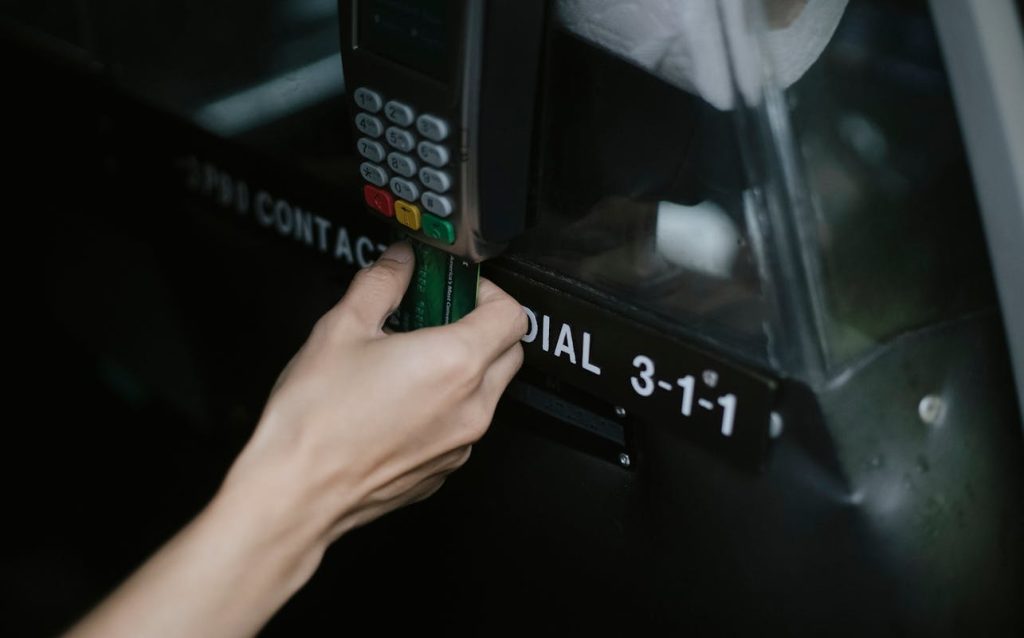
Card skimming has gone digital, and scammers now install hidden devices at ATMs or payment terminals. These record your card details for later theft. Always use machines inside secure locations like banks or hotels. Cover your keypad when entering your PIN and monitor statements regularly to spot suspicious activity early.
The Fake Wi-Fi Network
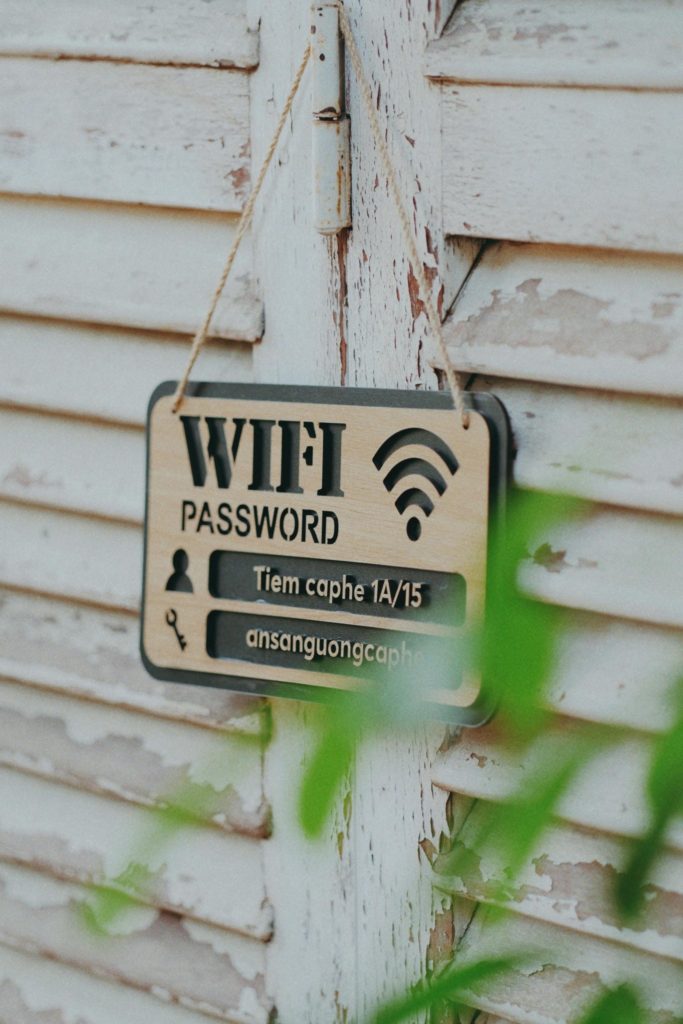
Free public Wi-Fi is convenient but can hide serious risks. Scammers create networks that look legitimate to steal personal information once you connect. Before logging in, confirm the network name with a café or airport staff. Avoid accessing sensitive accounts on public connections and use a VPN for extra security.
The Photo Offer Distraction

A common trick in tourist areas involves someone offering to take your photo, only to run off with your camera or phone. In crowded spots, this distraction also helps pickpockets work unnoticed. Hand your device only to trusted companions or use a tripod. Staying alert keeps both your memories and belongings safe.
The Fake Police Officer
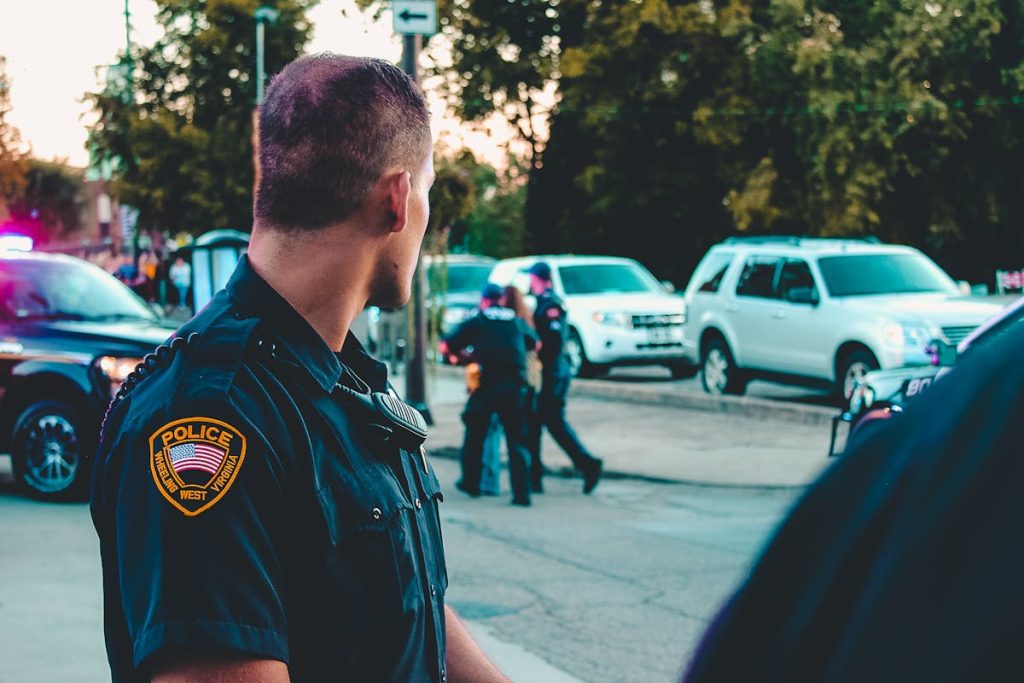
Scammers sometimes impersonate police, demanding to check your wallet or passport for counterfeit money. Real officers rarely ask for this without official identification. Always request to see credentials and never hand over valuables on the spot. If unsure, suggest going to a nearby police station to confirm legitimacy.
The Overpriced Souvenir Stall
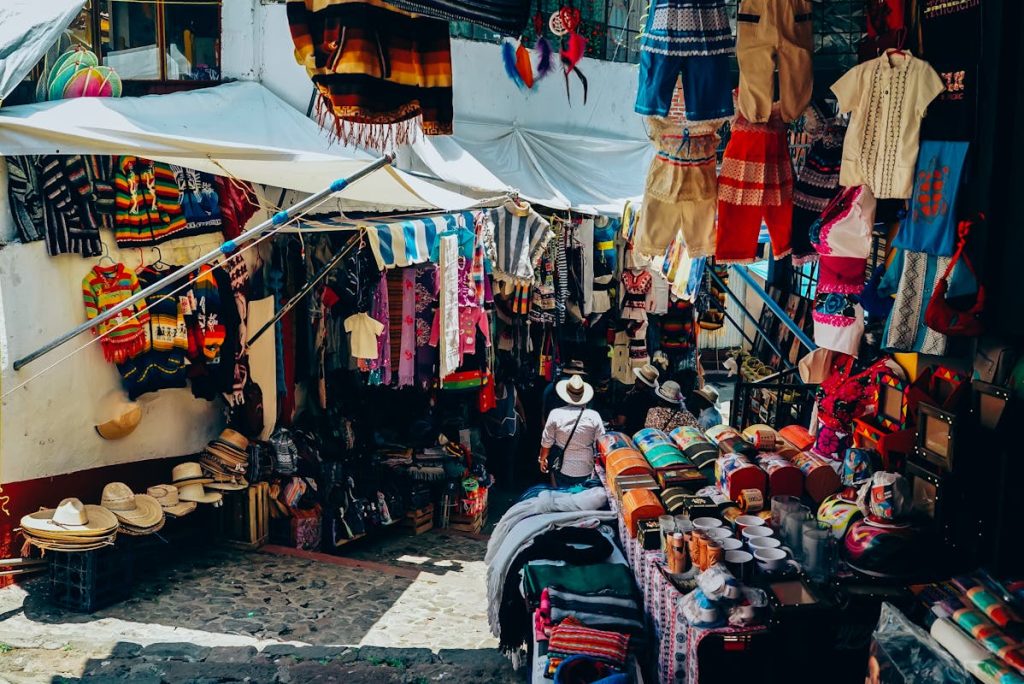
Markets and tourist shops sometimes lure visitors with low prices before switching to inflated totals at checkout. Some even add hidden fees after packaging items. To avoid surprises, confirm prices upfront and use cash for smaller purchases. Staying firm and aware turns shopping into a fun, fair experience.
The Rental Damage Claim

After returning a rented scooter or car, some companies falsely claim you caused damage to charge extra fees. Taking photos of the vehicle before and after use prevents disputes. Always read agreements carefully and keep copies of receipts. A few minutes of documentation can save a lot of stress later.





